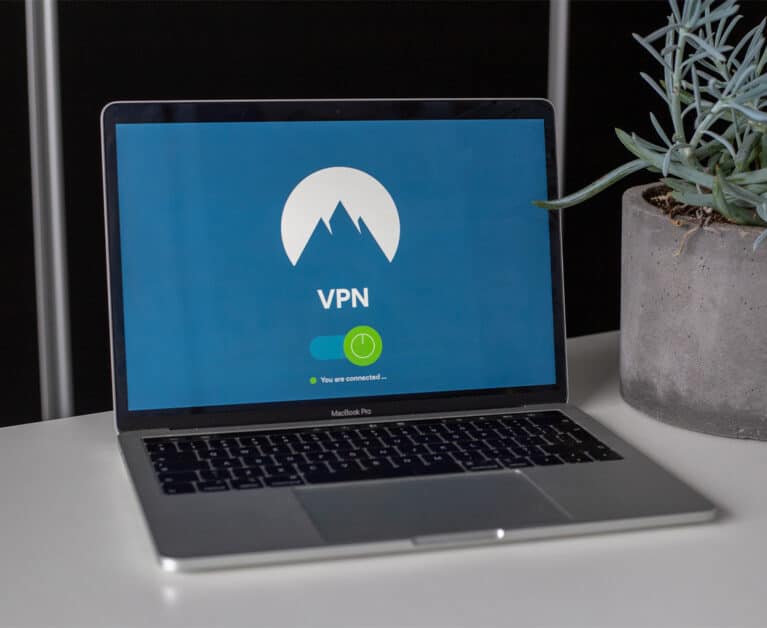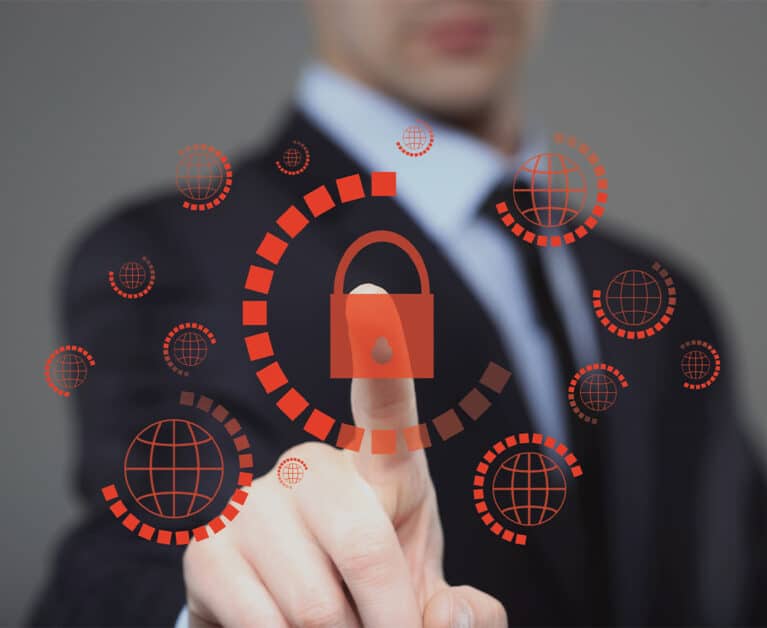Secure Your Digital Nomad Life With VPN

PUBLISHED January 1st, 2023 06:00 am | UPDATED June 5th, 2023 08:47 am
The pandemic has accelerated the trend of remote working. More people are now choosing to become digital nomads, which offers more flexibility in their careers and lifestyles. However, it leaves us and our work more vulnerable to cyberattacks by hackers, with so much of it online. Fret not, for VPNs can help to keen digital nomads and remote workers safe.
How Are Cyberattacks Launched?

A cyberattack is an assault launched by any hacking group on a computer or network. It can steal data, impair or even use your computer to launch attacks on other networks. A cyberattack only requires a small window of vulnerability to get inside your system, and some common cases include:
Phishing
Hackers use fraudulent emails, text messages, or websites that appear to be from a legitimate source to trick individuals into providing sensitive information, such as login credentials or financial information.
Evil Twin Attacks
An evil twin attack is a type of wireless network strike where a hacker creates a fake Wi-Fi access point, mimicking a legitimate one, to trick users into connecting and steal sensitive information.
Man-in-the-middle (MitM)
These attacks involve intercepting communications between two parties to steal sensitive information or inject malware. It allows the attacker to read and modify the communication secretly.
SQL Injection
A hacker uses this attack to inject malicious codes into a website’s Structured Query Language (SQL). Once the SQL is compromised, the hackers can force it to expose its hidden information. Hackers can easily use the search box on vulnerable websites to insert these malicious codes into the system.
How Can A VPN Improve Your Digital Nomad Life?

A VPN can fix these problems of cybersecurity for you, so your speed is never hindered, regardless of the circumstances. Using a VPN (e.g. Black Friday VPN) with your digital nomad life can provide numerous benefits, including:
Secure Data Sharing
Your data sources keep growing, so security is more critical than ever. A VPN is aware of this and transmits every bit of your data only after applying multiple levels of encryption.
When someone sends a data request from a device currently connected to a VPN, it completely encrypts the data and decrypts it only after it reaches its destination. It ensures that no one else can breach and steal the data besides the owner and the intended recipient.
Even if the interceptor gets hold of the data, the encryptions ensure that none of the content is readable, eliminating unauthorised access by malicious individuals.
Prevention of International Censorship

Some countries have government control over internet regulation. If you are on the move, there might be instances where you struggle with geo-location barriers. You can access any content you want by using a VPN. Whether you want to watch Friends in countries where it’s not available or simply access YouTube Premium, there are no more restrictions.
A VPN is handy in such places, as it’ll bypass the geo-blockers and censorship set up by the government. It makes sure you have the freedom to work from anywhere in the world.
Cost Savings
Flight and hotel booking websites offer different deals based on customers’ IP addresses. However, using a VPN allows you to change the location from which you appear to be browsing. This prevents websites from accessing your browsing habits or data and thus shows you the actual price rather than a location-based price. VPNs can save frequent travellers more than a pretty penny.
Protection Against Spam and Phishing Emails
Hackers commonly use spam and phishing emails to gain access to systems. In this method, hackers create authentic emails that appear to come from legit sources and then attach malicious programs with them.
Once you click on these links unknowingly and download the viruses, you give hackers control over your system. A VPN with a built-in filtering system will notify users if they encounter any malicious links or emails containing malware.
